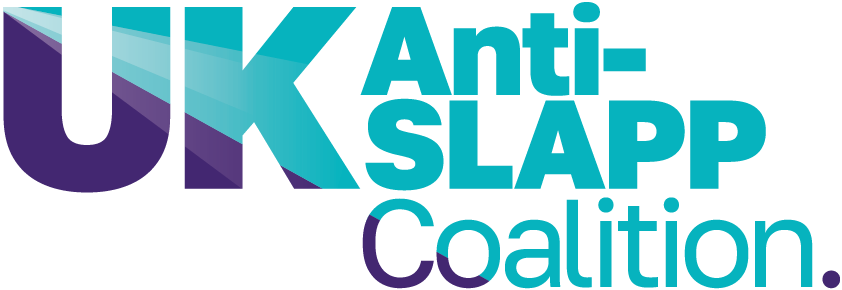International Progress
It is not only the UK Government who has identified the need to respond to the threat of SLAPPs to democracy. International progress responding to this challenge, including from European institutions, is being made.
European Institutions
BLANK ROW (DO NOT EDIT)
European Commission
Following the murder of Maltese investigative journalist, Daphne Caruana Galizia in October 2017, European institutions were forced to acknowledge the role of legal threats to target journalism and reduce public accountability. Daphne was sued for the first time in 1994 and during her professional life 67 defamation lawsuits were filed against her. At the time of her death, she was facing 47 active civil and criminal libel suits filed in various jurisdictions, including Malta and the United States.
Months after Daphne’s murder, a cross-party group of MEPs called on the European Commission to protect people from the SLAPP harassment Daphne was subjected to:
“The cross-border nature of investigative journalism as well as the tendency to pursue legal action in jurisdictions outside the EU that only have a tenuous connection with the parties justifies and requires an EU response. We therefore reiterate our call for the European Commission to expediently propose an EU Anti-SLAPP Directive”.
In December 2020, to raise awareness of what a directive could look like, civil society engaged a wide range of experts including academics, lawyers, practitioners, SLAPP targets and policy and advocacy specialists, to develop a model law that looked into the value added, the feasibility and the key components of possible EU anti-SLAPP legislation.
This was followed by the European Commission Democracy Action Plan, which included a commitment to set up an expert group on SLAPPs in early 2021 and present an initiative to protect journalists and civil society against SLAPPs in late 2021. On 11 November 2021, the European Parliament adopted a resolution on SLAPPs, calling on the Commission to propose a directive, including early dismissal mechanisms, to address the increasing number of SLAPPs against journalists, NGOs, academics and civil society within the Union. The proposed directive was published by the European Commission in April 2022 and while it needed to be built upon in order to ensure meaningful protection against abusive lawsuits targeting public watchdogs such as journalists, human rights defenders, and civil society organisations engaging in public participation it was a step in the right direction.
Council of Europe
Several texts adopted at the CoE explicitly refer to the problem of SLAPPs; including the Committee of Ministers 2018 Recommendation on the roles and responsibilities of internet intermediaries and the 2012 Declaration on the desirability of international standards dealing with forum shopping in respect of defamation, to ensure freedom of expression. In January 2022, the UK announced that it will be a member of the CoE’s inaugural working group on SLAPPs, which last met in April 2023. The working group is composed of experts in law and media policy who will produce an anti-SLAPP draft recommendation for member states due in December 2023.
National Governments
BLANK ROW (DO NOT EDIT)
Ireland
A number of cases aimed at media outlets and civil society, including those brought by politicians, has demonstrated the need for reforms. Ireland has already signalled its support of the EU Anti-SLAPP directive, having opted in to the adoption and application of the Proposal. In March 2022, the Irish Department of Justice published the Report of the Review of the Defamation Act 2009, which included anti-SLAPP provisions. In March 2023, the Minister for Justice Simon Harris published the General Scheme of the Defamation (Amendment) Bill, following government approval for priority drafting of the Bill and referral of the General Scheme to the Joint Oireachtas Committee on Justice for pre-legislative scrutiny.
United States of America
Action to address SLAPPs has long been underway in the US where more than 30 States have adopted Anti-SLAPP laws. In September 2022, Representative Raskin introduced the Strategic Lawsuits Against Public Participation (SLAPP) Protection Act into the US Congress, marking progress towards a federal US law. Notably, in December 2021, the US administration in its Strategy on Countering Corruption identified corruption as a threat to national security and has recognised the links with SLAPPs, particularly against investigative media. At the same time, USAID has also launched a global Defamation Defense Fund to shield journalists from defamation lawsuits.
